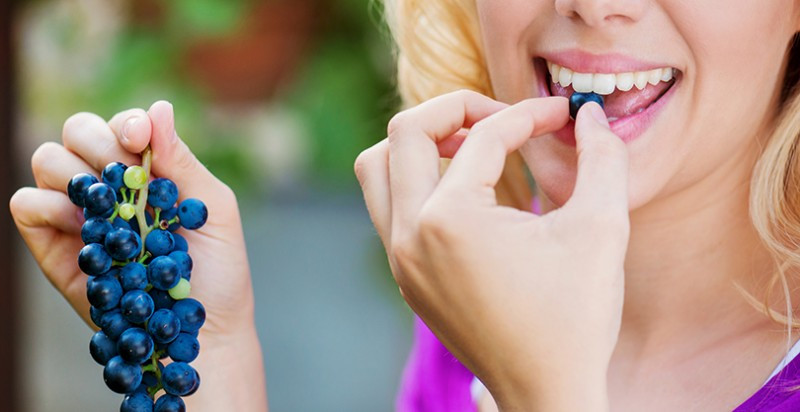Your body has an assortment of major organs, the most prominent of which are your brain and heart, and who's going to debate that? But all of our organs require TLC, and there's no overstating the important role that your liver plays within your body. It performs a multitude of key tasks, to include breaking down toxins so that they can be properly expelled from your bodies, as well as producing proteins, cholesterol, and bile as well as storing minerals, vitamins, and carbohydrates. As healthline.com puts it, keeping your liver in good operating condition is essential for maintaining proper health. The liver is your body's main filtration system, per hopkinsmedicine.org. It not only transforms toxins such as alcohol, medications, and your metabolism's natural byproducts into disposable waste, it cleanses your blood, and metabolizes nutrients and medications so as to furnish the body with many of its key proteins. Your Liver Is a Key to Proper Digestion Get this: everything you eat or drink passes through your liver; there is no way of getting around it. It must be treated with care, starting with the realization there are certain foods or drinks that task your liver more than others, such as red meat, alcohol, fried foods, and added sugar, per healthline.com. It's an organ you could easily trash if you don't take good care of it, said Dr. Rohit Satoskar of the MedStar Georgetown Transplant Institute, quoted at webmd.com. Your liver is roughly the size of a football but is not to be manhandled like one. It is located on your right side beneath your lower rib cage. It works to help clean your blood by expelling harmful chemicals and produces a liquid known as bile, which performs the mission of breaking down fat from food. Finally, per webmd.com, it stores sugar known as glucose, which is counted on to provide a quick boost of energy when needed. It also makes blood clotting possible, per draxe.com. Eight Ways to Promote Your Liver's Health About that TLC we were talking about for your liver? Here are eight ways to endear your liver to you, letting it know that you have great respect for it and that it is truly servicing a friend in need – you:
- Drink coffee. Per healthline.com, studies have shown that drinking coffee lowers the risk of cirrhosis or permanent liver damage in those folks who have chronic liver disease.
- Drink tea. Studies cited at healthline.com found that drinking green tea was linked to improved markers of liver health. Green tea also has an abundance of antioxidants to enhance liver enzyme levels and decrease oxidative stress and fat deposits in the liver.
- Use liver-boosting supplements. Among the natural herbs that are believed to boost the liver's efficiency in converting nutrients and ridding the body of toxins are milk thistle, holy basil, dandelion root, and bupleurum, per draxe.com.
- Avoid toxins. It sounds easy, but not always so. Per webmd.com, start by steering clear of cleaning products as well as aerosol products and insecticides – they contain harmful chemicals that can target your liver and cause problems.
- Avoid risky behaviors. The list begins with illicit drug use and unprotected sex with multiple partners, per hopkinsmedicine.org. These activities carry the risk of viral hepatitis, which is bad news for the liver.
- Consume fatty fish. Translated, seek out omega-3 fatty acids as these are healthy fats that can reduce inflammation, prevent fat from building up, maintain normal enzyme levels, and enhance insulin resistance, per healthline.com – all of which is good news for the liver.
- Eat grapes. Focus on red and purple grapes, per healthline.com, as they contain resveratrol that can contribute to the reduction of inflammation, prevention of liver damage, and ramp up antioxidant levels. Blueberries, grapefruit, prickly pear, and cranberries are other fruits known for promoting liver health.
- Regular exercise. The idea is to keep your weight under control, something which your liver will greatly appreciate. Nonalcoholic fatty liver disease (NAFLD) can lead to cirrhosis of the liver, per webmd.com.

